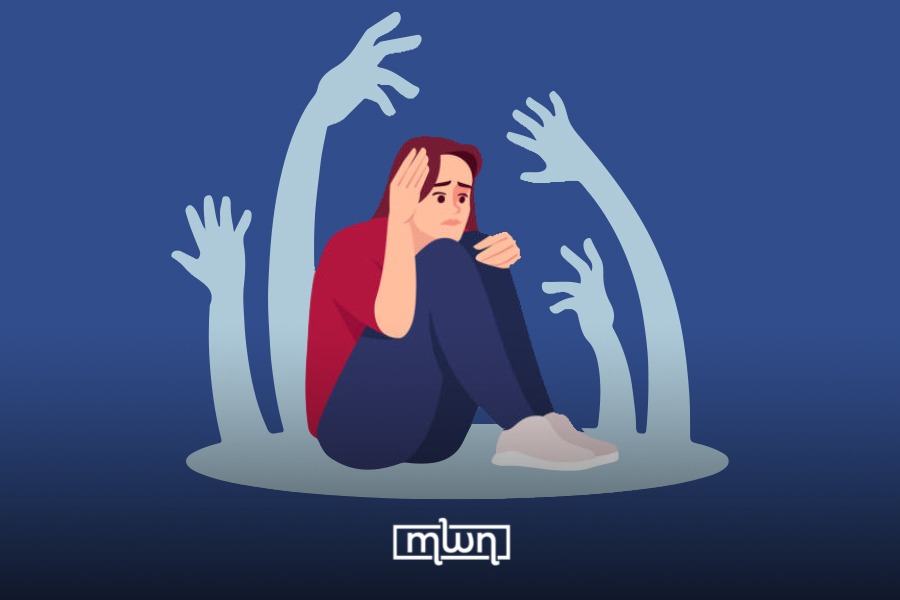What if the biggest warning sign is the one you’ve learned to ignore?
Fez – Emotional burnout doesn’t happen overnight. It creeps in slowly, often unnoticed, until exhaustion becomes the new normal.
Many people push through, unaware of the warning signs, mistaking them for simple fatigue or stress.
But burnout is more than just being tired; it drains energy, motivation, and even the ability to feel joy.
According to Integris Health, one of the first signs is a deep sense of emotional numbness. Things that once brought excitement or happiness start to feel dull.
Conversations feel forced, and even small tasks seem overwhelming. People going through burnout often feel disconnected from their own emotions, as if they’re watching their lives from the outside.
Another hidden sign is unexplained irritability. Little things, background noise, slow internet, and a casual question, start to feel unbearable.
Burnout shortens patience, making it harder to handle everyday frustrations. This can lead to guilt, as people struggle to understand why they’re reacting so strongly to things that never bothered them before.
Sleep patterns also change. Some people struggle with insomnia, their minds racing long after they’ve gone to bed.
Others sleep more than usual but still wake up exhausted. No amount of rest seems to restore energy, leaving a constant feeling of heaviness.
Physical symptoms are just as telling. Frequent headaches, stomach issues, and unexplained body aches can be signs of burnout.
According to psychologists, the body responds to emotional exhaustion the same way it does to prolonged stress – leading to real, lasting discomfort.
Perhaps the most concerning sign is detachment. Burnout can make relationships feel like a burden rather than a source of comfort.
People withdraw from friends, avoid social events, and prefer to be alone, not out of preference but out of sheer exhaustion.
Despite how common emotional burnout is, society often fails to recognize it. Many people assume burnout is just laziness or lack of discipline.
It is frequently mistaken for depression, boredom, or simply a bad attitude. Employers may dismiss it as an excuse, friends may not understand why someone has suddenly become distant, and even family members might urge their loved ones to “just push through.”
This misunderstanding makes burnout even harder to address. People struggling with it may feel pressured to keep performing, afraid of being judged if they admit they are emotionally drained.
The stigma surrounding mental exhaustion discourages people from seeking help, leading to deeper burnout and long-term consequences.
Recognizing these signs is the first step. Burnout isn’t a sign of weakness; it’s the body’s way of demanding rest.
Society needs to shift its perspective and take burnout seriously. Slowing down, setting boundaries, and seeking support can make all the difference.
Ignoring burnout won’t make it go away. But paying attention to its signs can be the key to recovery before it takes a deeper toll.
Read also: The Science of Manifestation: Does It Really Work or Is It a Placebo?
















